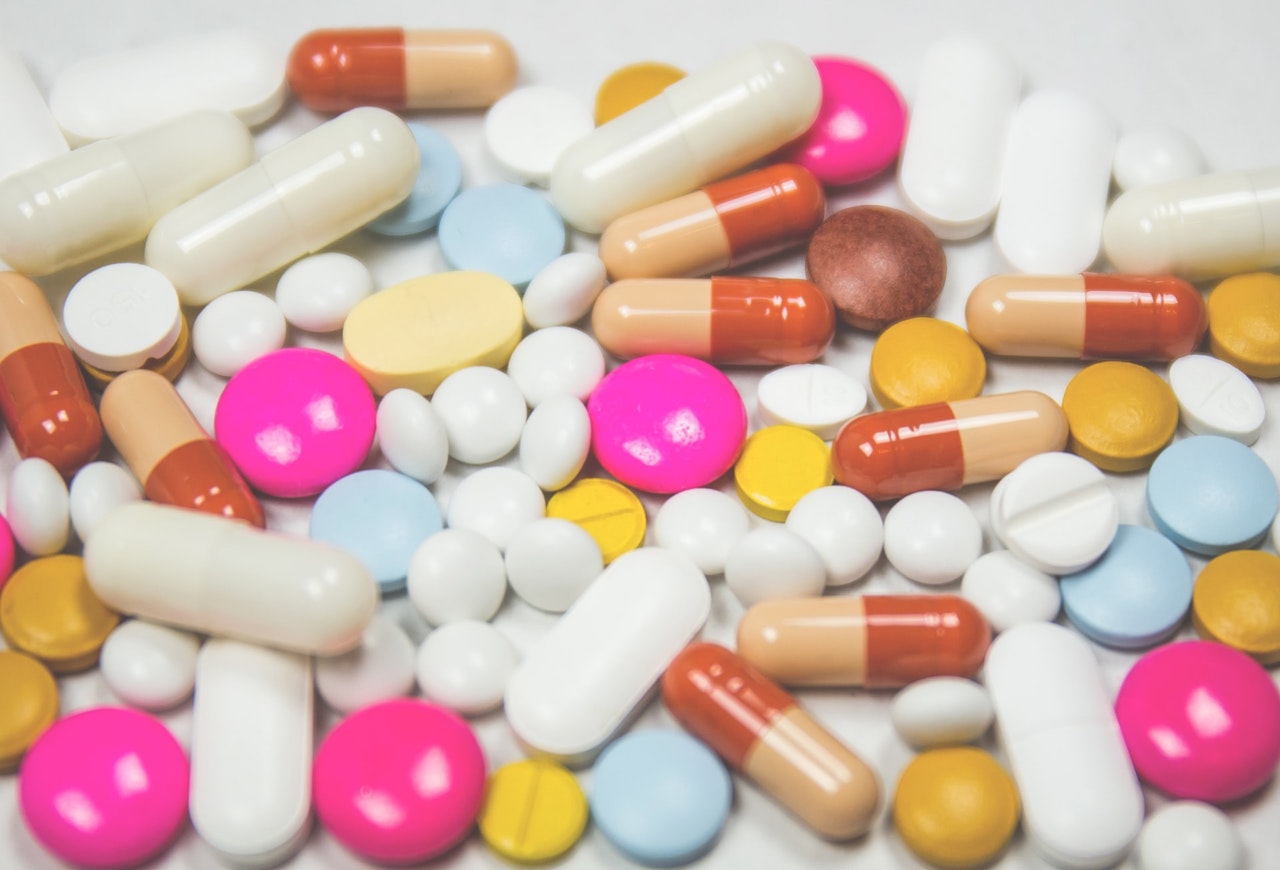Sanofi Global Health, the company’s non-profit unit, has also announced the launch of ‘Impact’, a new brand dedicated to the non-profit distribution of 30 medicines to 40 low-income countries

In brief
- Sanofi has launched a fund to invest in startups focused on delivering sustainable healthcare in some of world’s poorest countries
- The fund will back startups and social businesses ” building sustainable healthcare ecosystems on the ground”
- In addition, Sanofi has launched its ‘Impact’ brand, dedicated to the non-profit distribution of medicines
Sanofi, the French global healthcare company, has committed €25m to a fund that will focus on investing in startups that aim to build and deliver sustainable healthcare in some of the world’s poorest countries.
The Sanofi Global Health Impact fund will help to build on the work of the company’s non-profit Sanofi Global Health unit (Sanofi GHU), which was launched last year.
The fund will invest in local healthcare startups that Sanofi says are “under the radar” of most mainstream investors, across four different business models: inclusive clinics and hospitals, pharmacy-based models, community-based models and risk prevention models, including insurance providers. Any profits generated will be reinvested into the fund.
Speaking to Impact Investor, a spokesperson for Sanofi, said: “Last year, we announced the launch of Sanofi GHU and since then, we have been working on building the team and trying to understand the best way to assess the needs of local populations and how to best distribute the most needed medicines in the world’s poorest countries. The fund is a tool that will enable us to invest in the startups and social businesses that will spur innovation and have a positive impact on building sustainable healthcare ecosystems on the ground.”
He explained that the fund was not a standalone initiative: “Investment in private sector ventures is one of several tools that the GHU can leverage to further its goals, alongside technical assistance and grant support to public and nonprofit actors.”
30 medicines across 40 countries
Sanofi GHU has also announced the launch of its ‘Impact’ brand, which will be used to distinguish the 30 medicines it currently distributes on a non-profit basis to 40 of the world’s poorest countries, such as South Sudan, Chad, Syria, Yemen and Afghanistan.
The 30 medicines were selected on the basis of a list considered to be essential by the World Health Organisation for patients in the world’s most impoverished countries. They include drugs for neglected diseases such as primaquine for malaria and rifapentine for tuberculosis, among others.
The spokesperson explained that strengthening the healthcare delivery system through the fund’s investments, could also create additional demand for medicines currently distributed through Sanofi GHU’s programmes.
Building investment expertise
The Sanofi spokesperson explained that a lot of the work involved, such as understanding key challenges and identifying partners, will be done by the GHU team, but that external expertise to manage the fund’s investments would be sought initially.
“The plan is to leverage external expertise initially to ensure the set-up of a sound structure, start operating effectively and learning, and progressively to develop internal capabilities to have a fully autonomous team to run the fund, build the investment pipeline, conduct rigorous due diligence, and execute the transactions.”
Sanofi GHU is one of three elements of Sanofi’s social impact strategy, which also includes the company’s philanthropic arm Foundation S, and its company-wide CSR strategy.
Although efforts to improve access to affordable medications for the world’s poorest countries are nothing new, Sanofi believes that its Global Health initiative is the first and only global initiative to provide access to such a broad portfolio of medicines in so many countries and across multiple therapeutic areas while funding local support programs and strengthening local inclusive businesses.
In 2021, Sanofi GHU treated 9,276,504 patients with malaria in 23 countries, 146,356 patients with tuberculosis in 28 countries and 40,439 patients with non-communicable diseases such as diabetes, cancer and cardiovascular disease in 16 countries.






